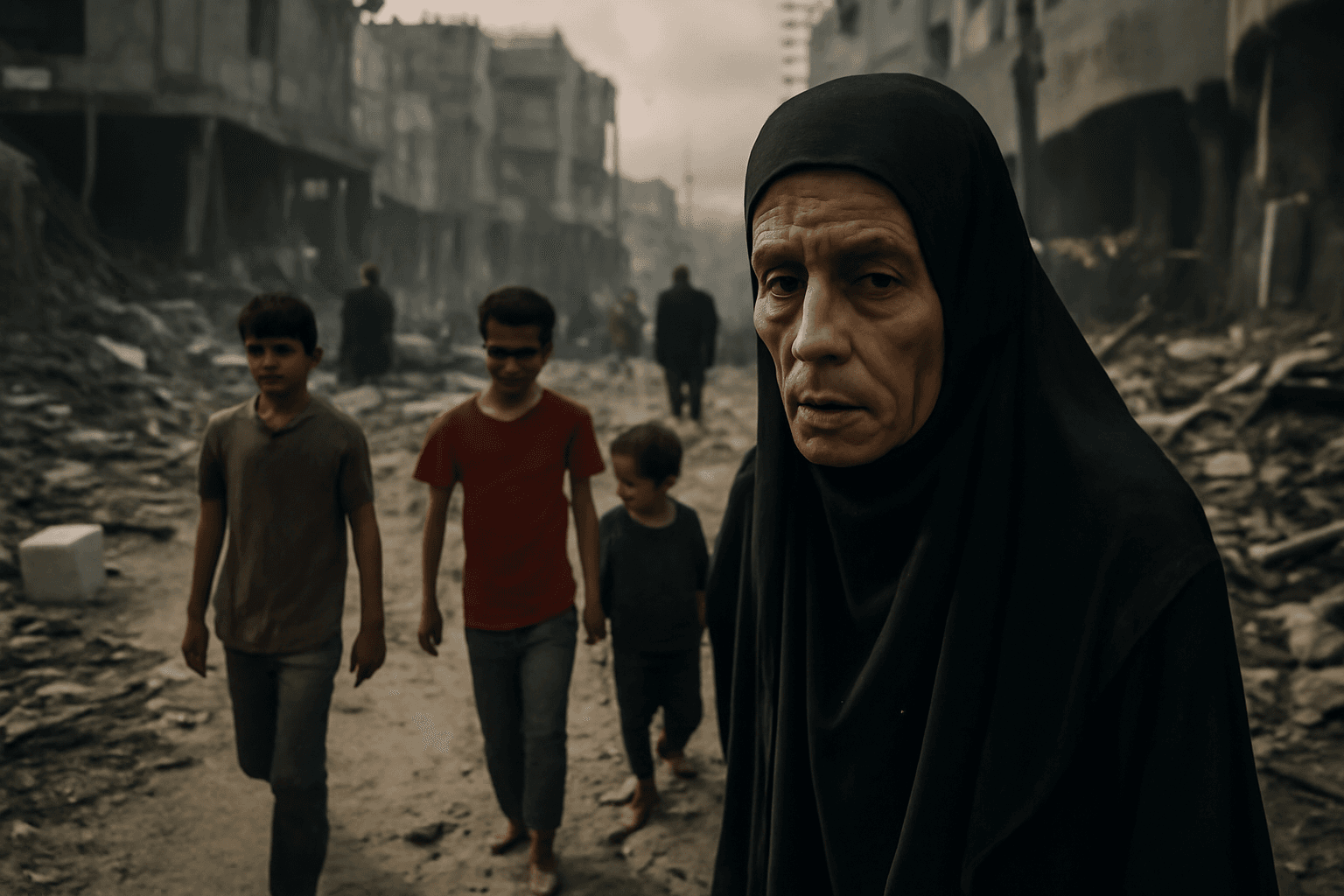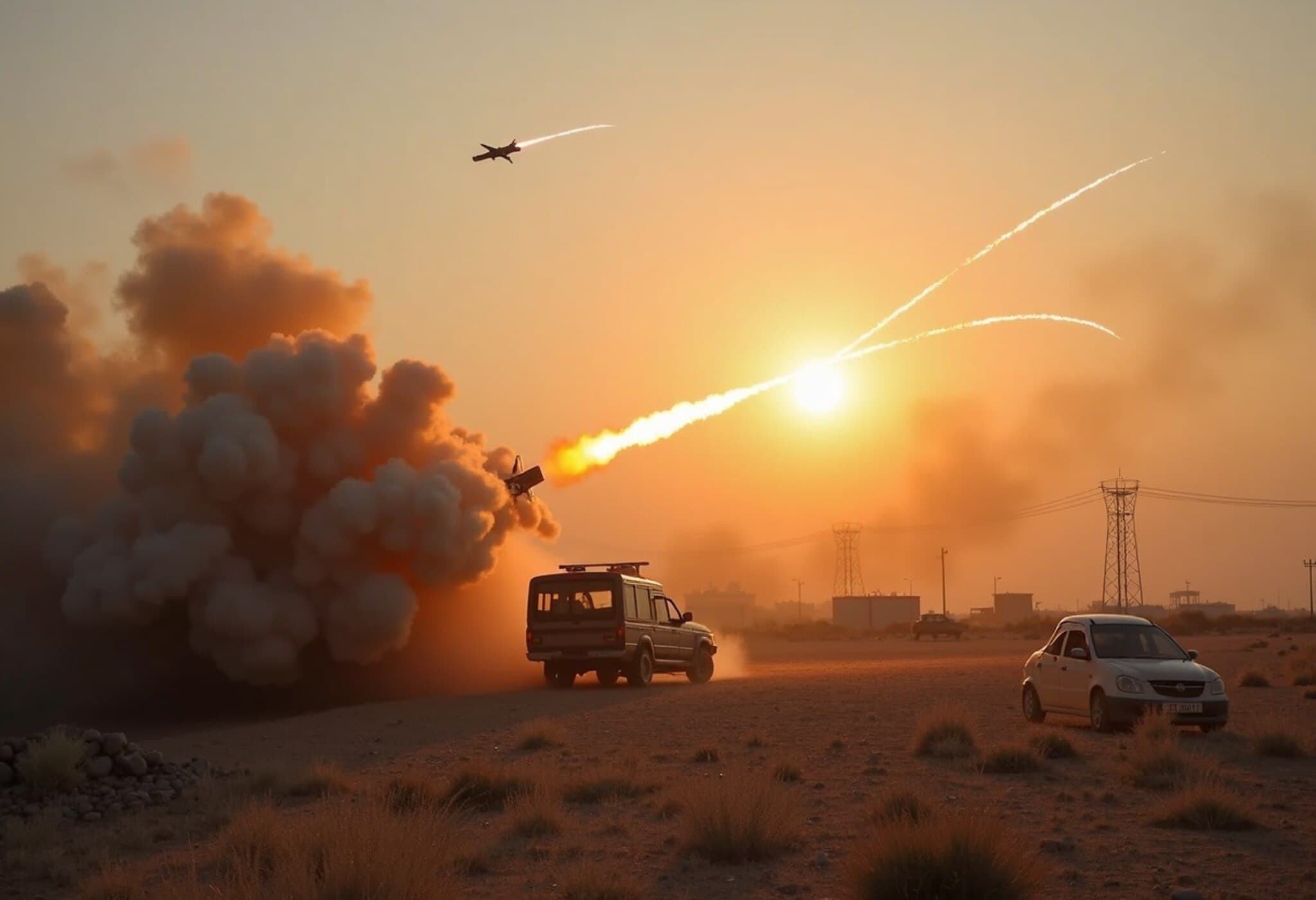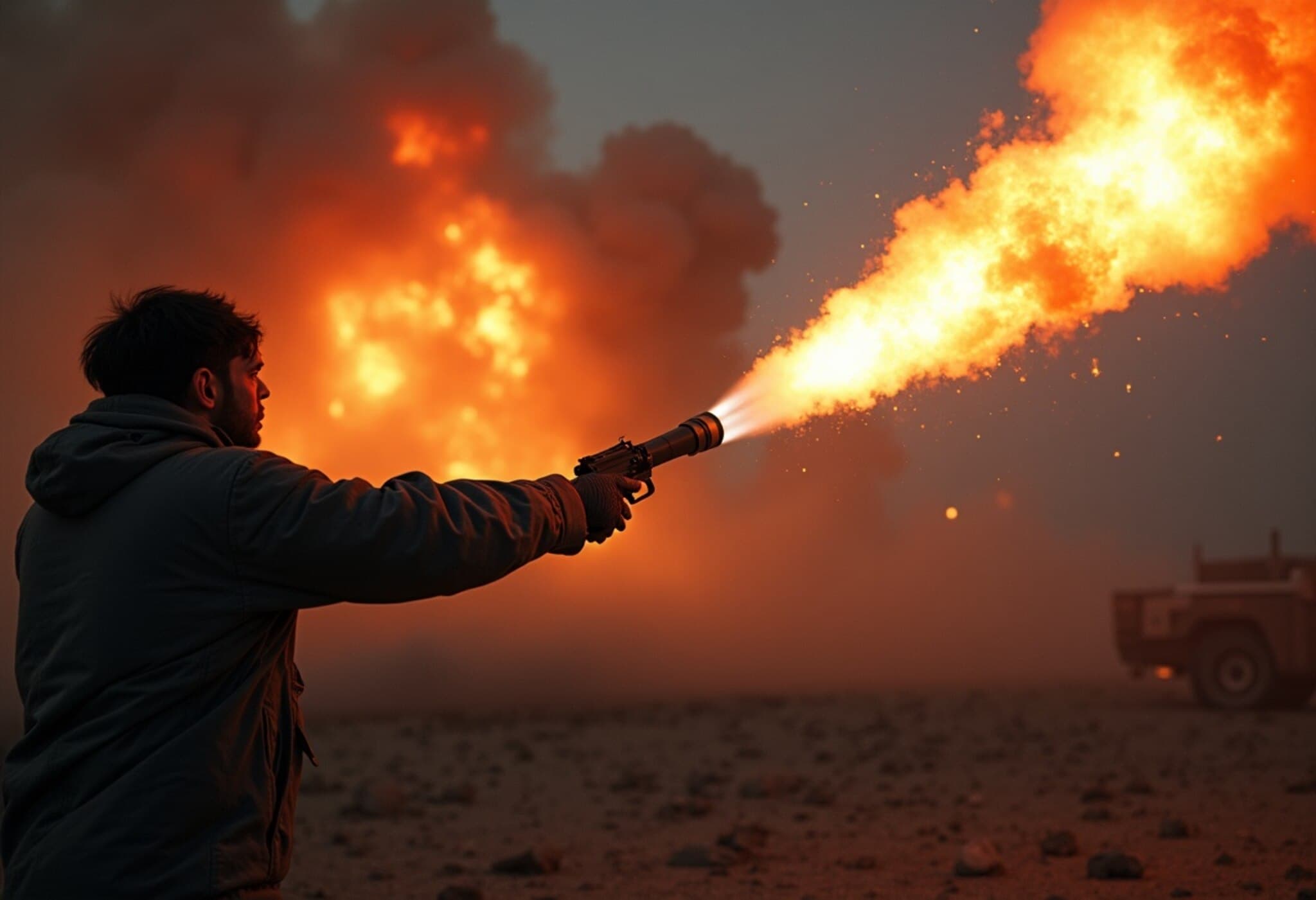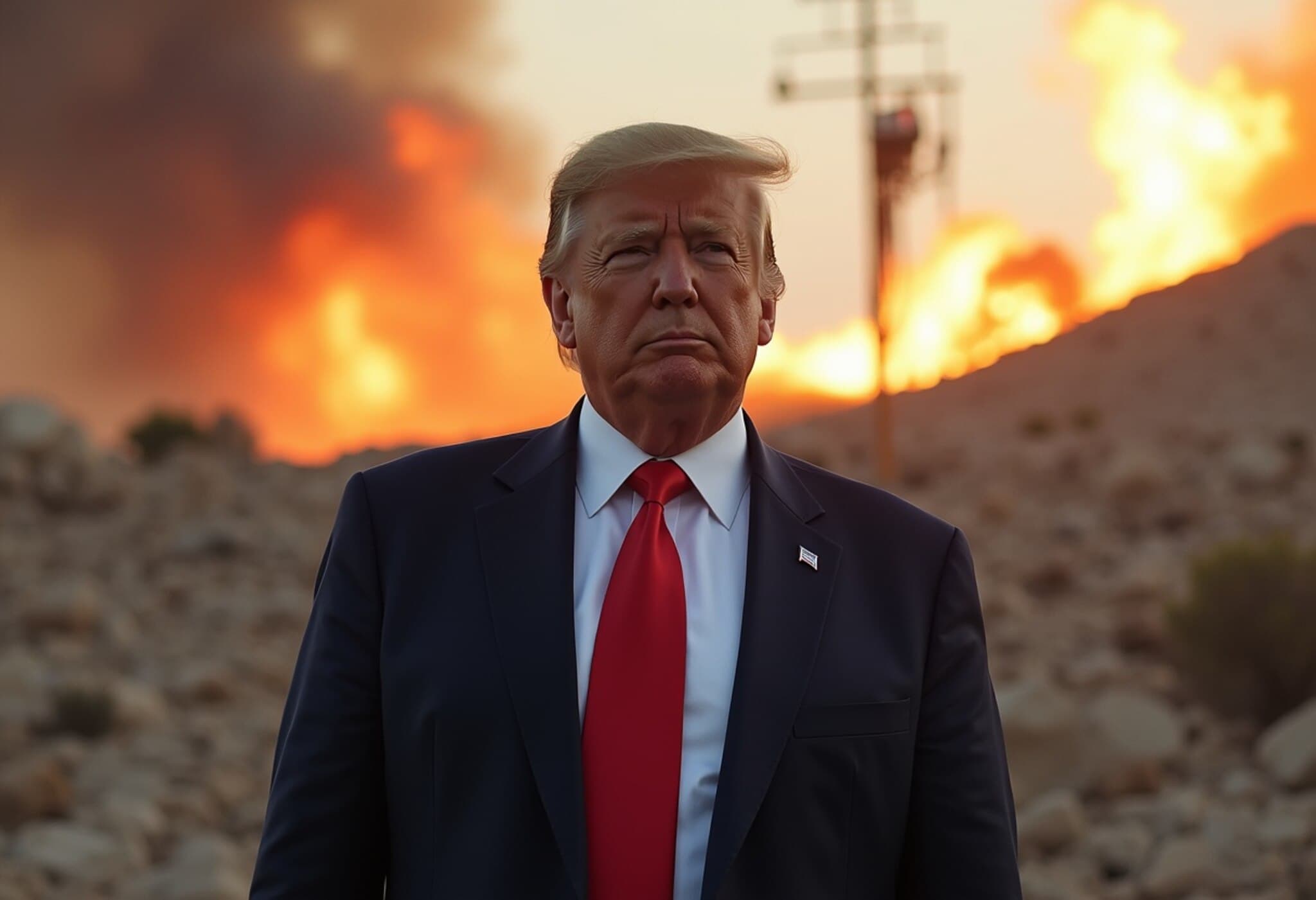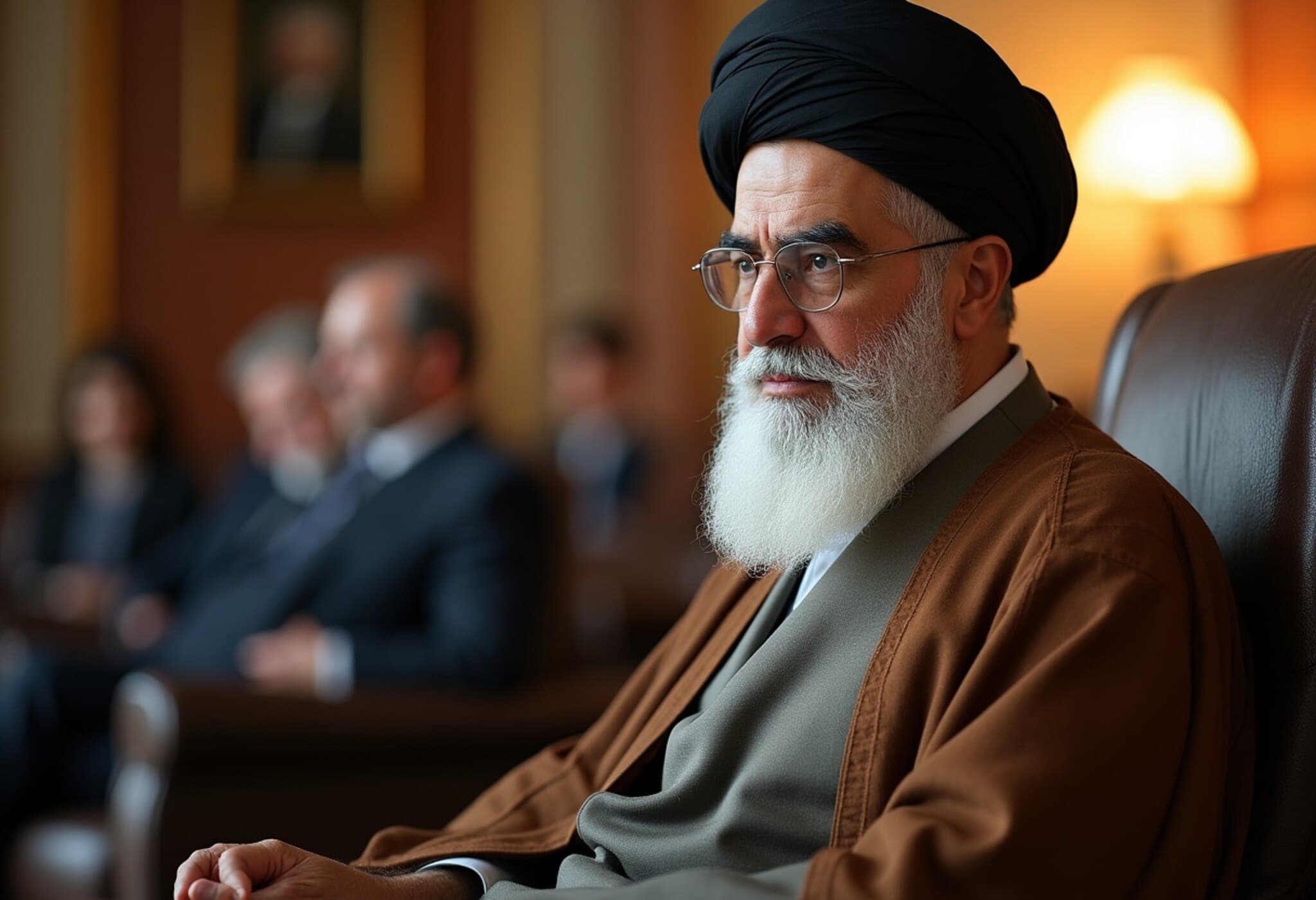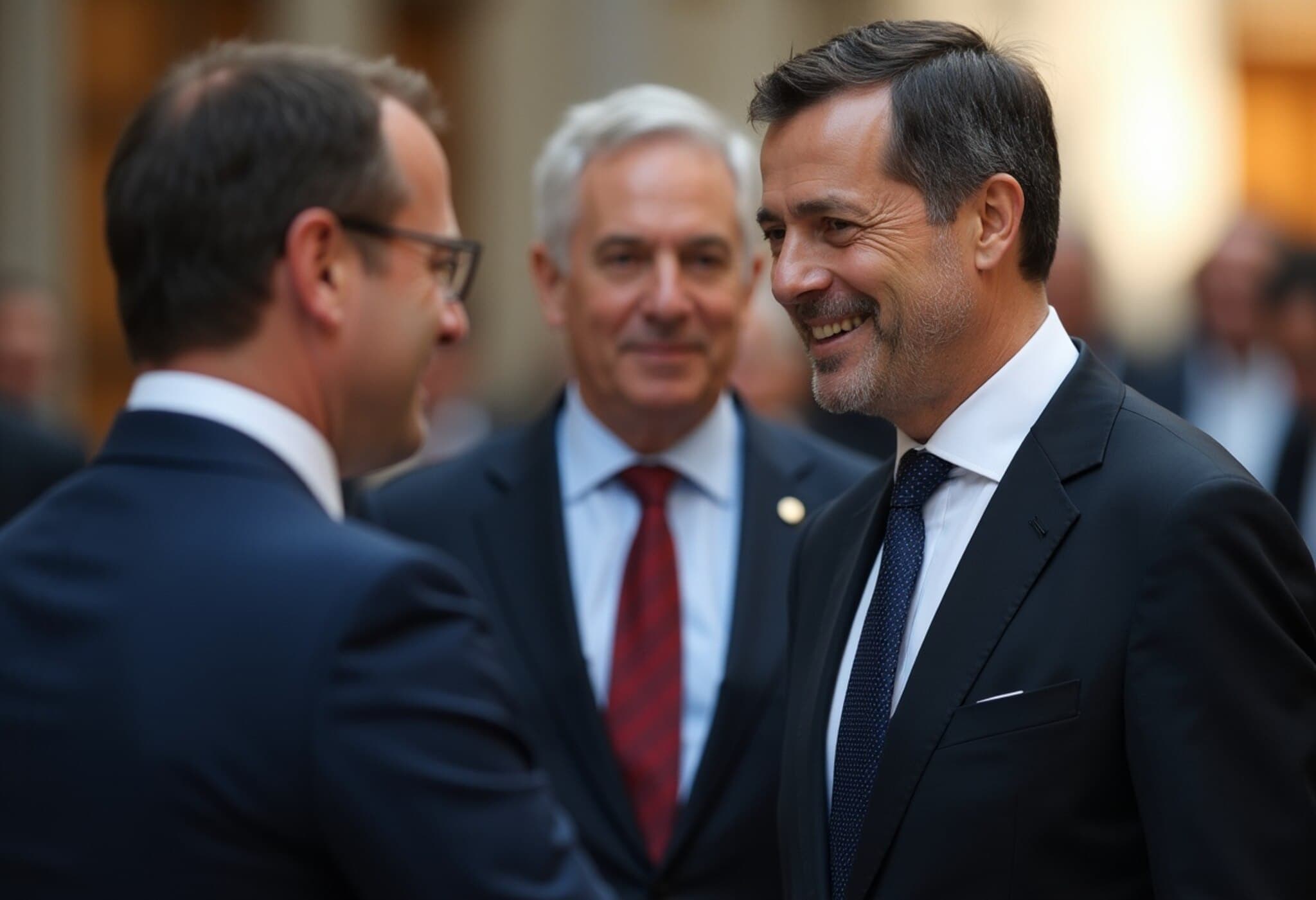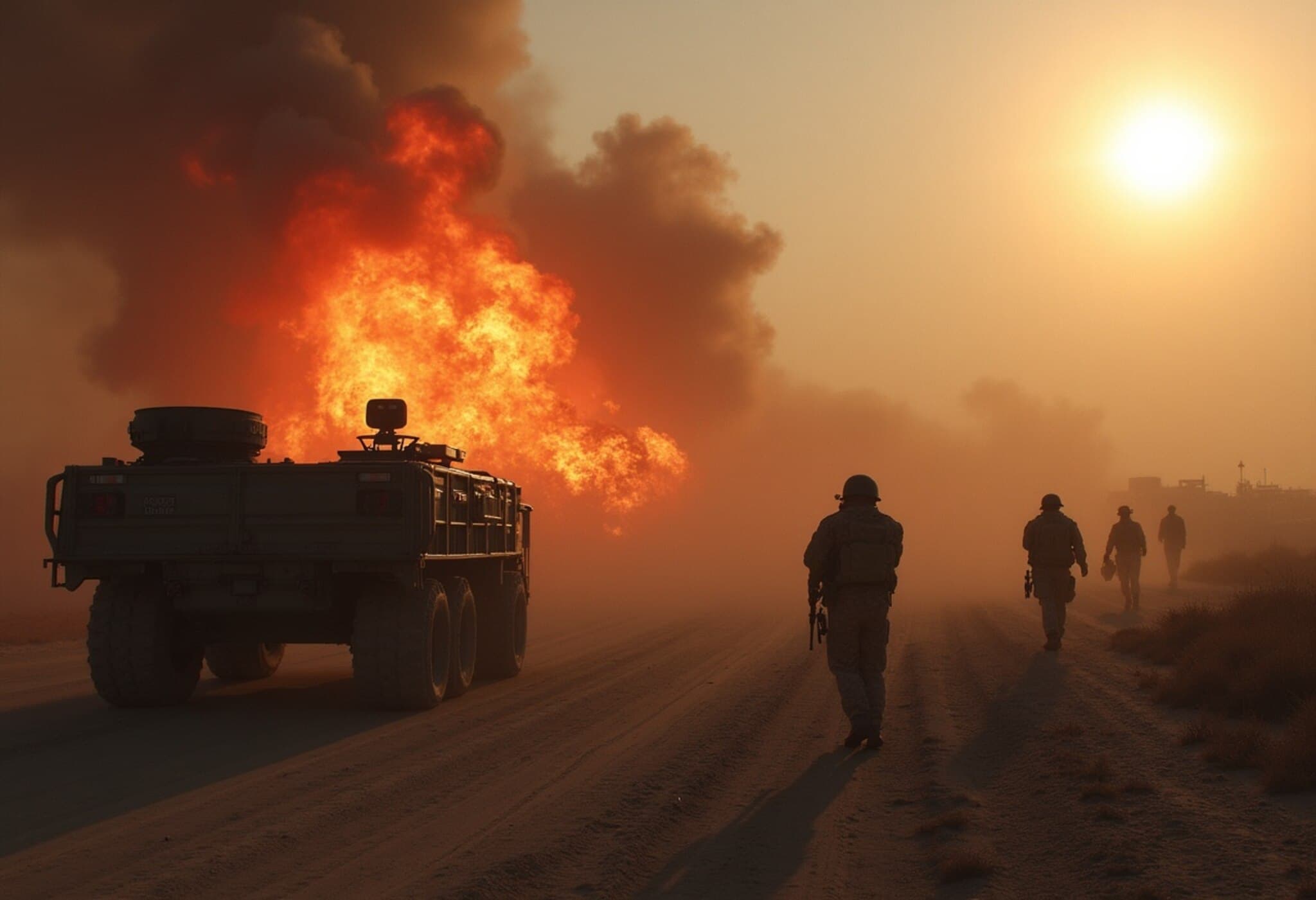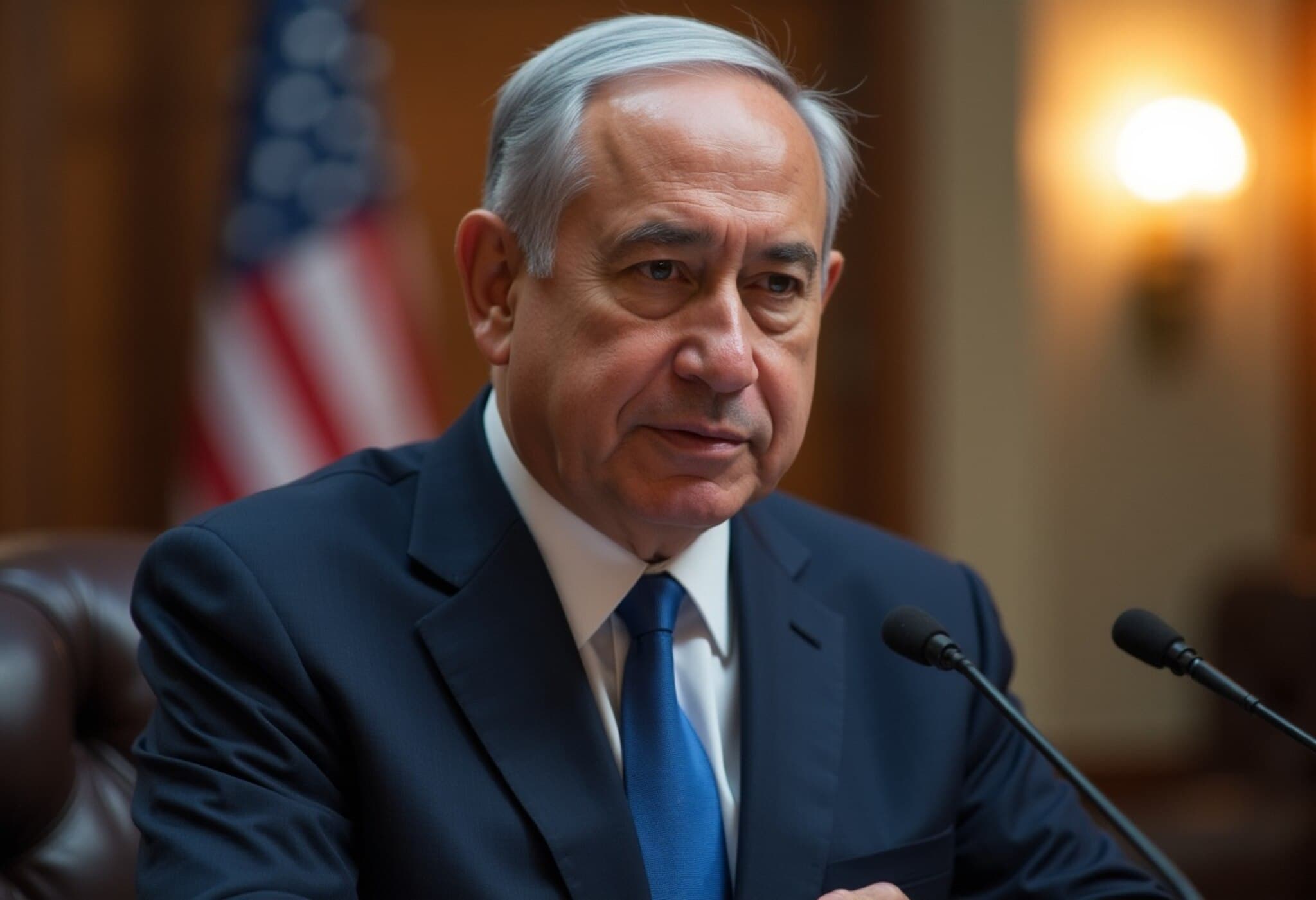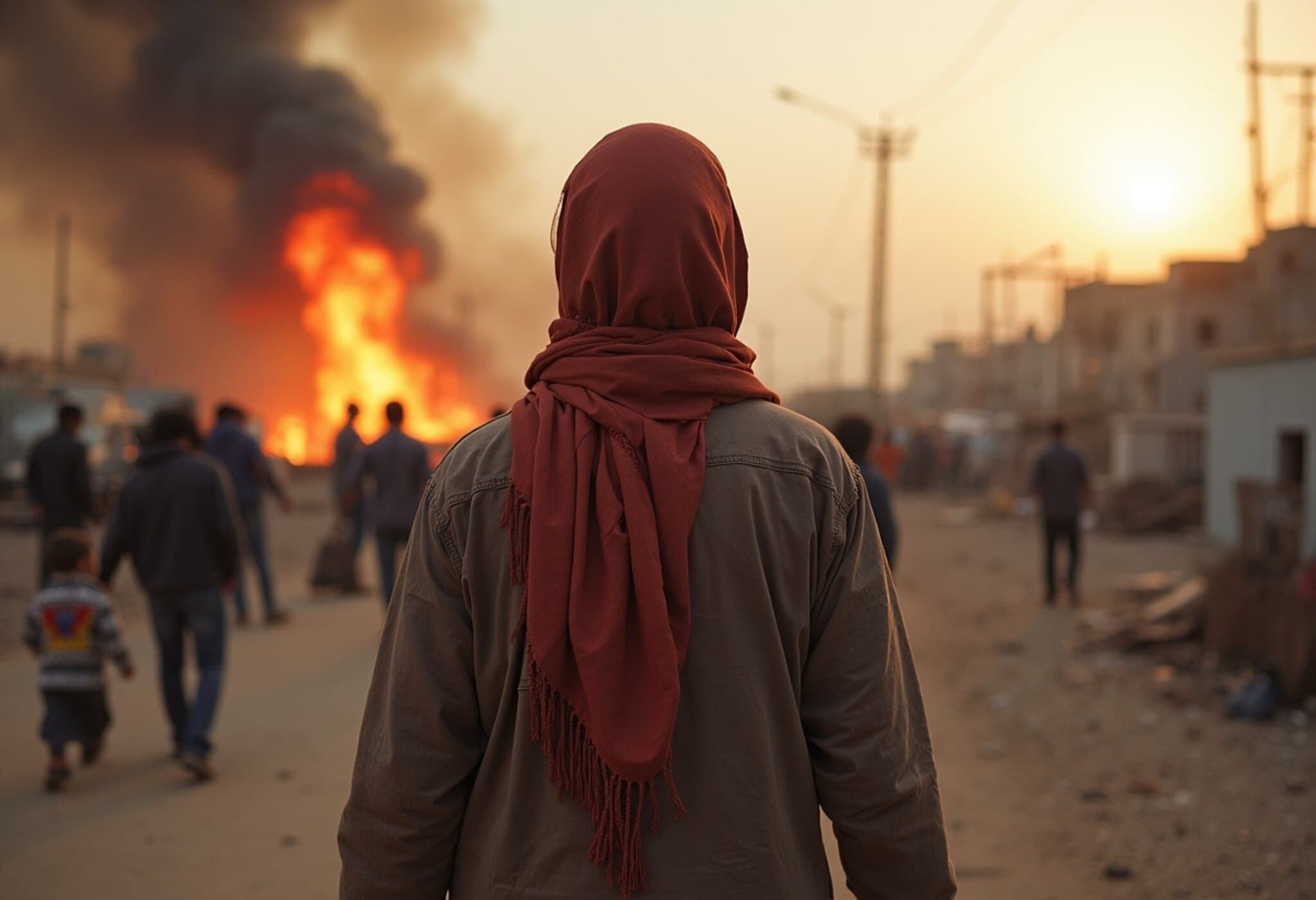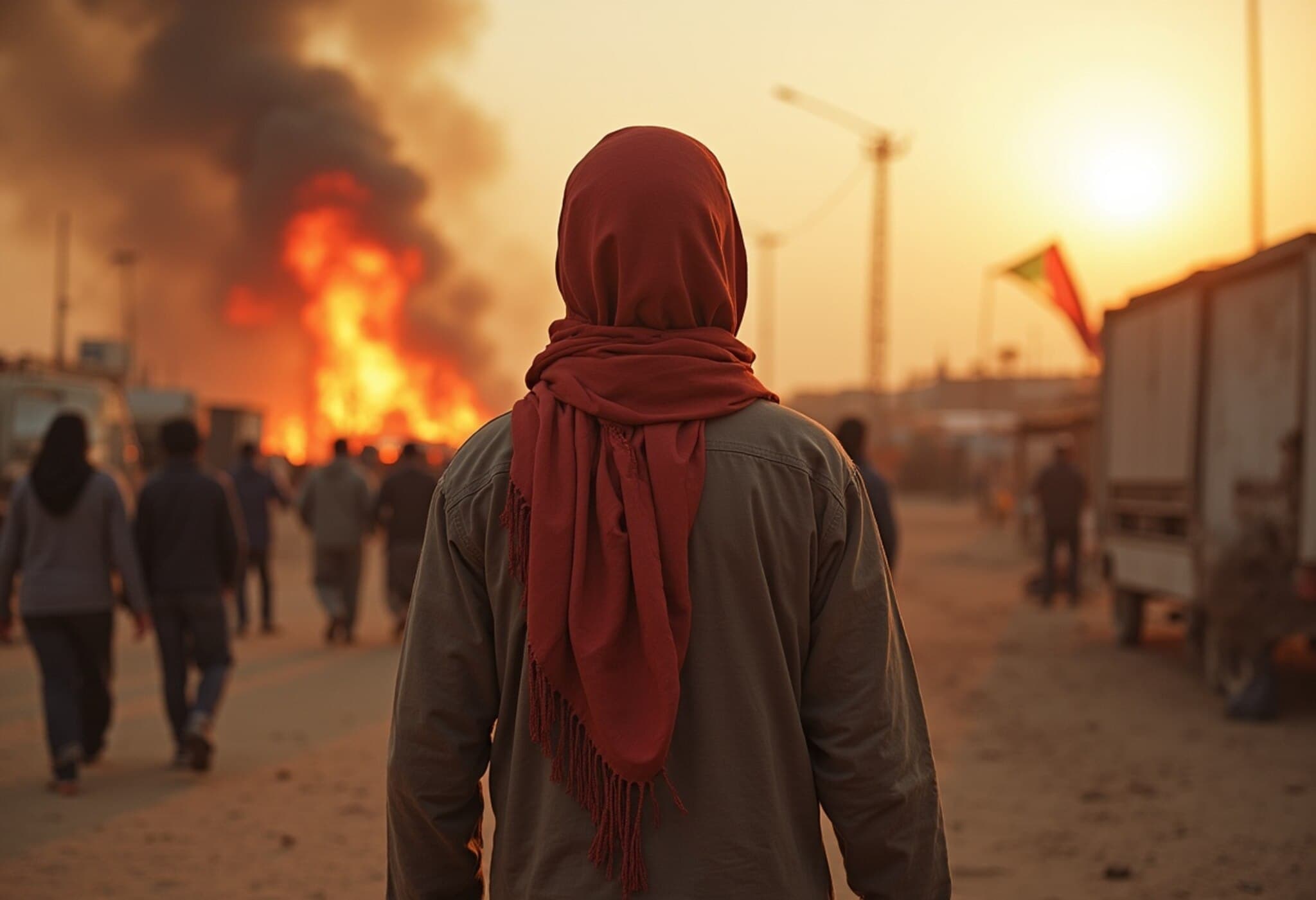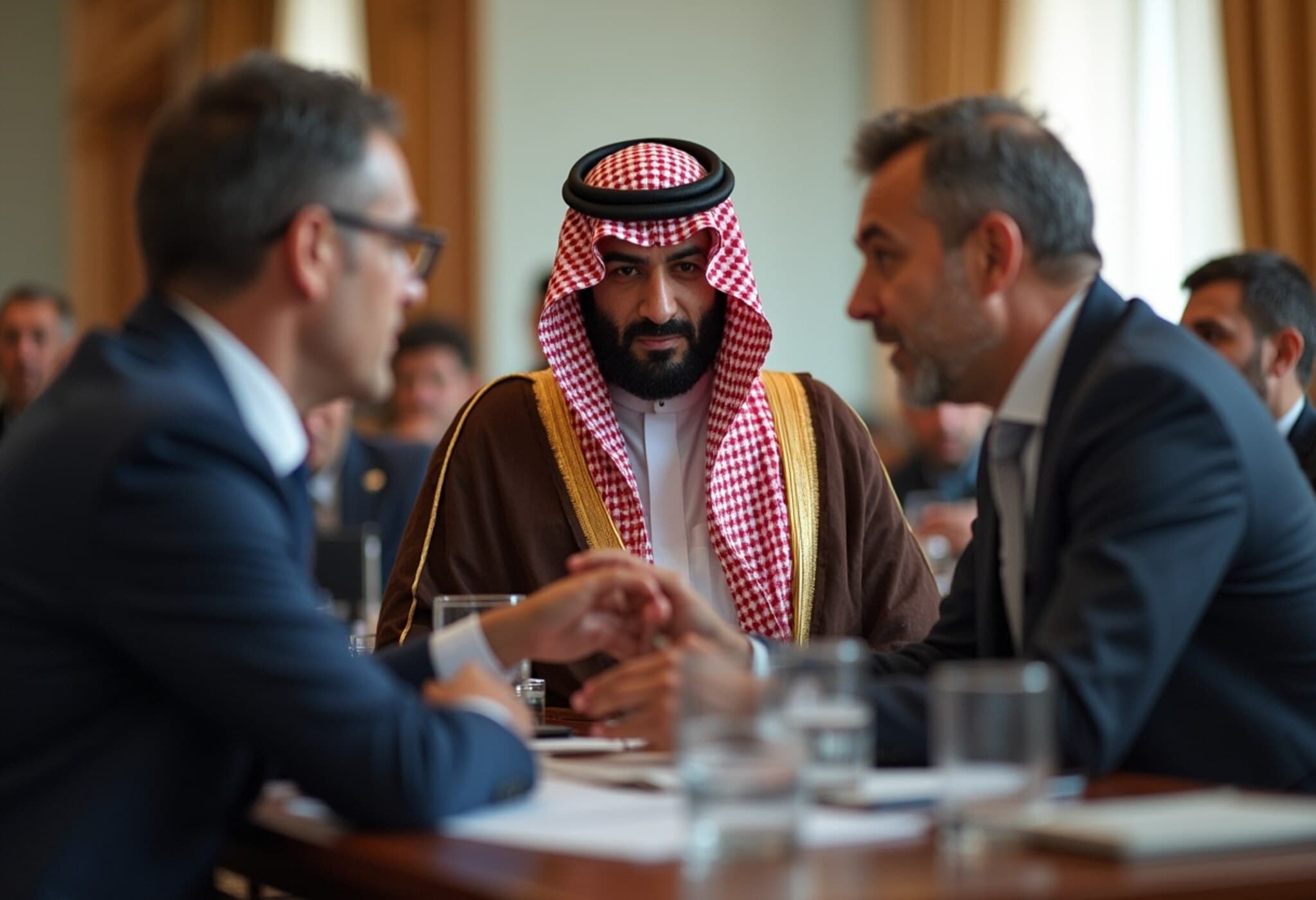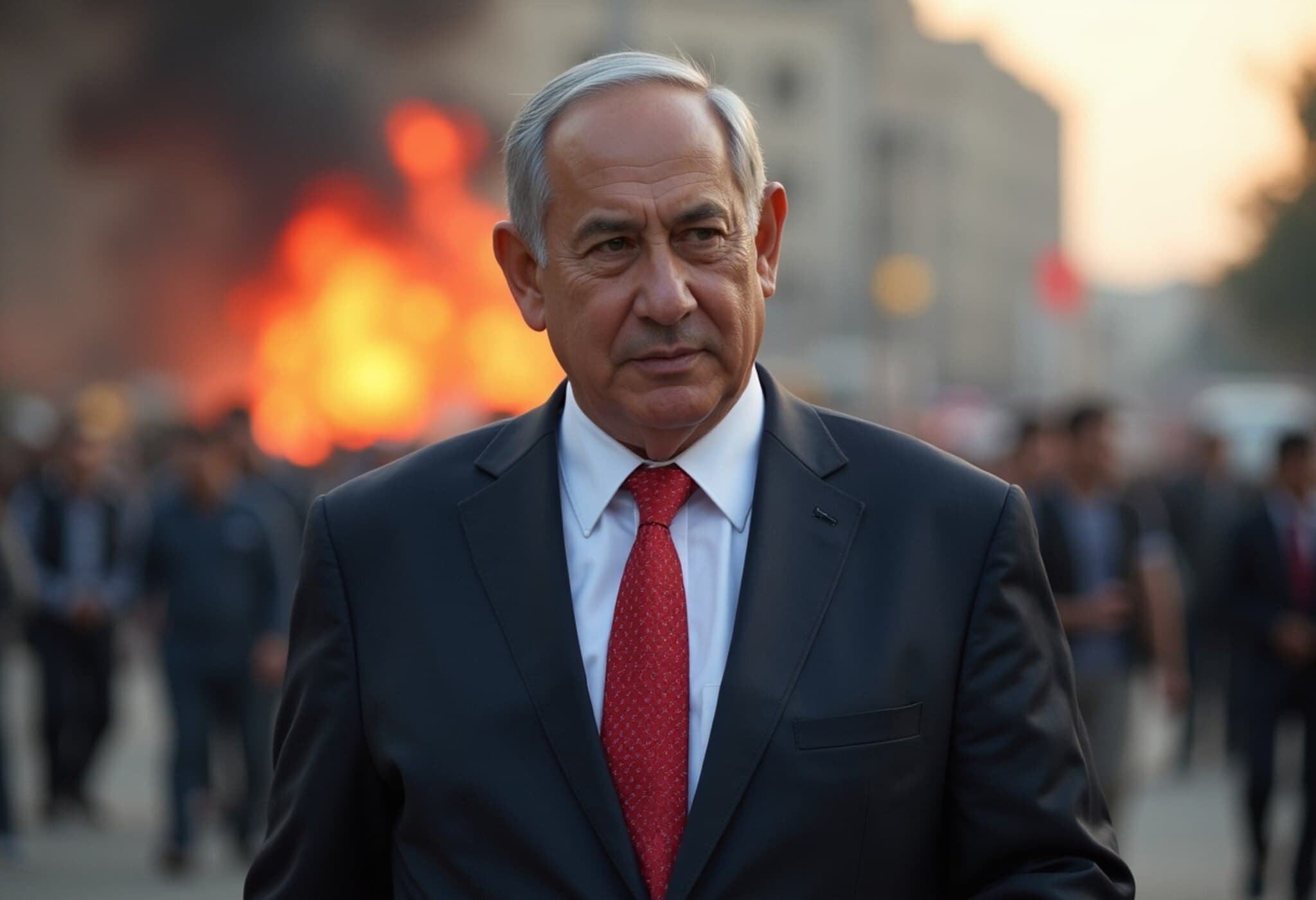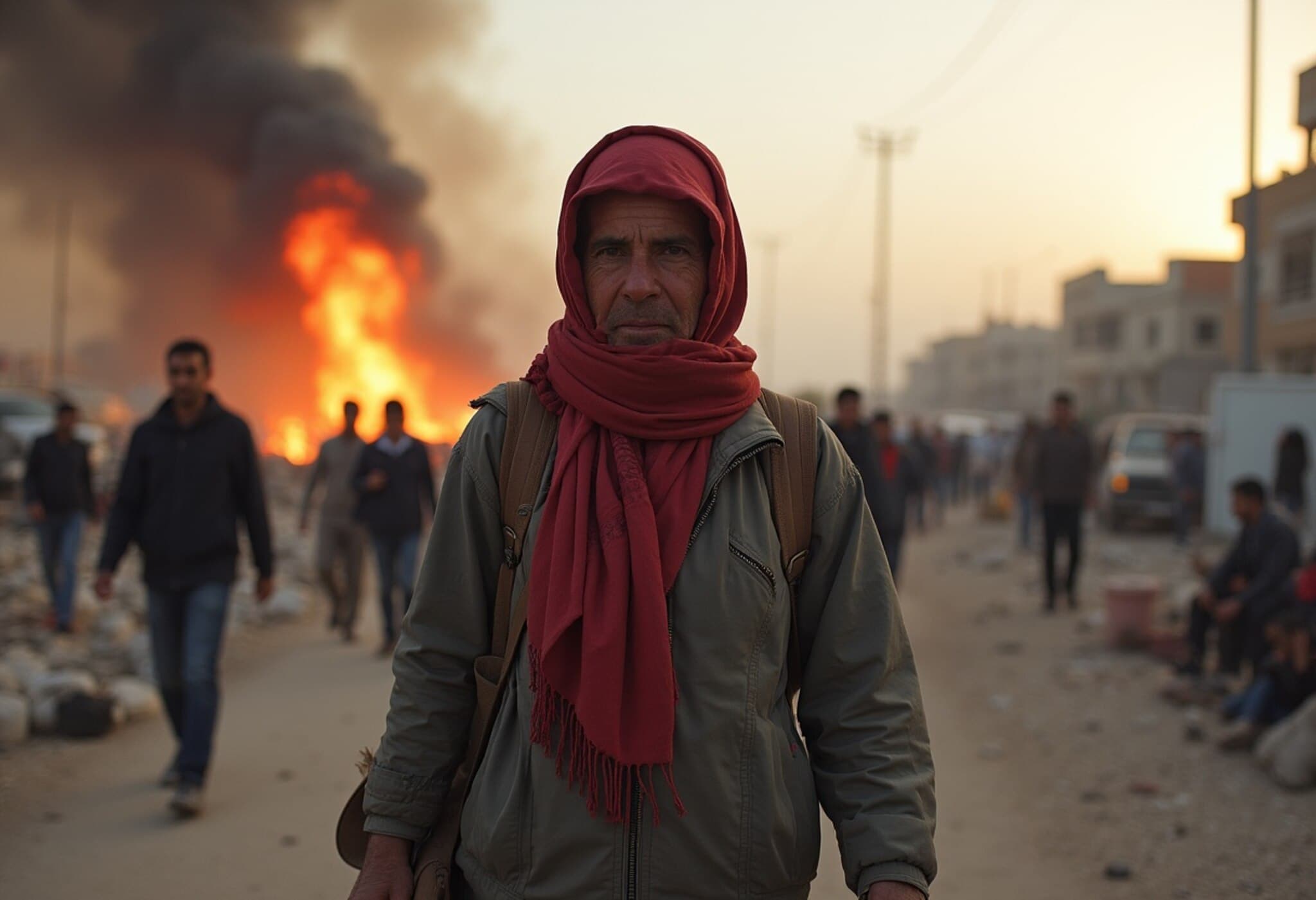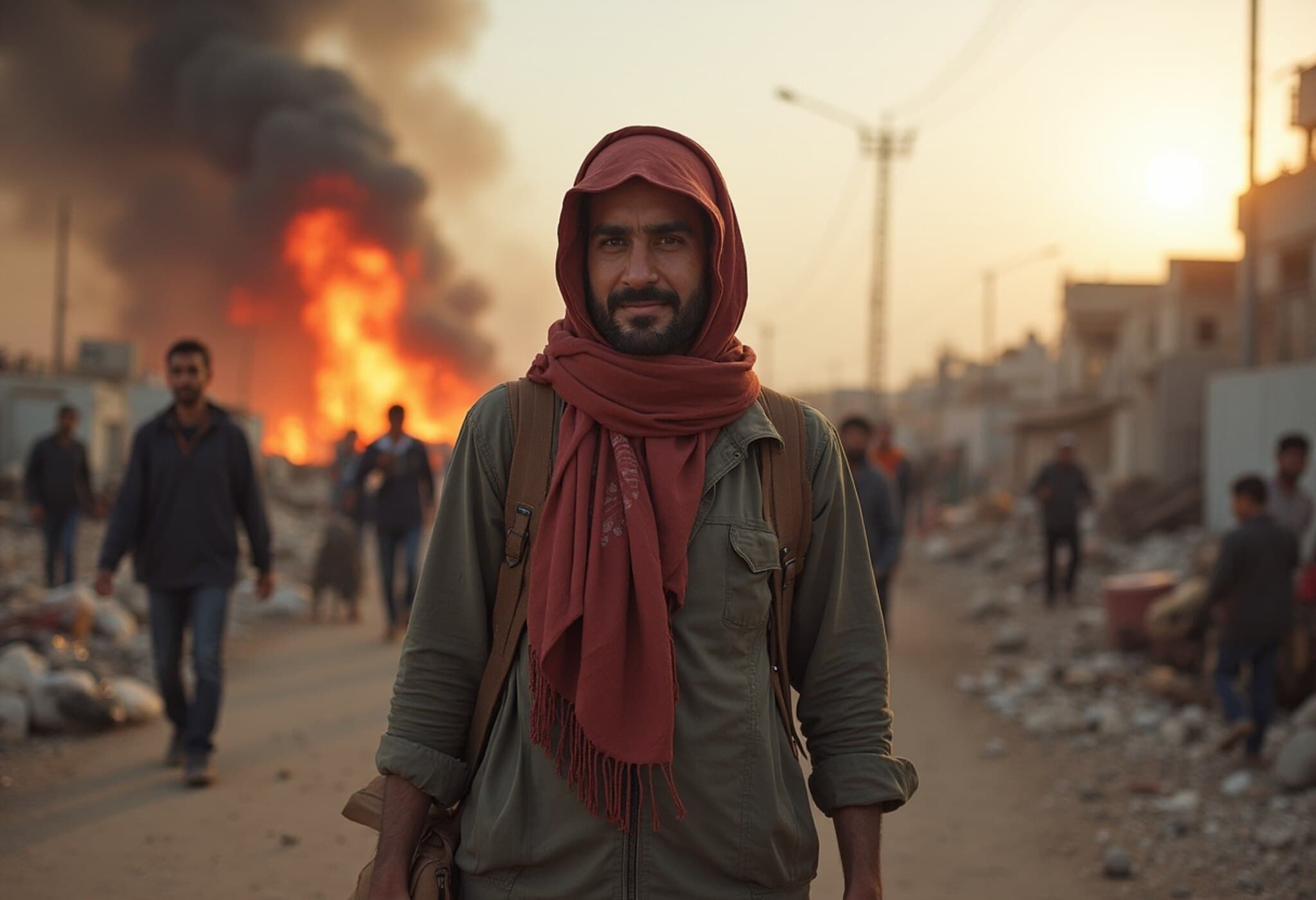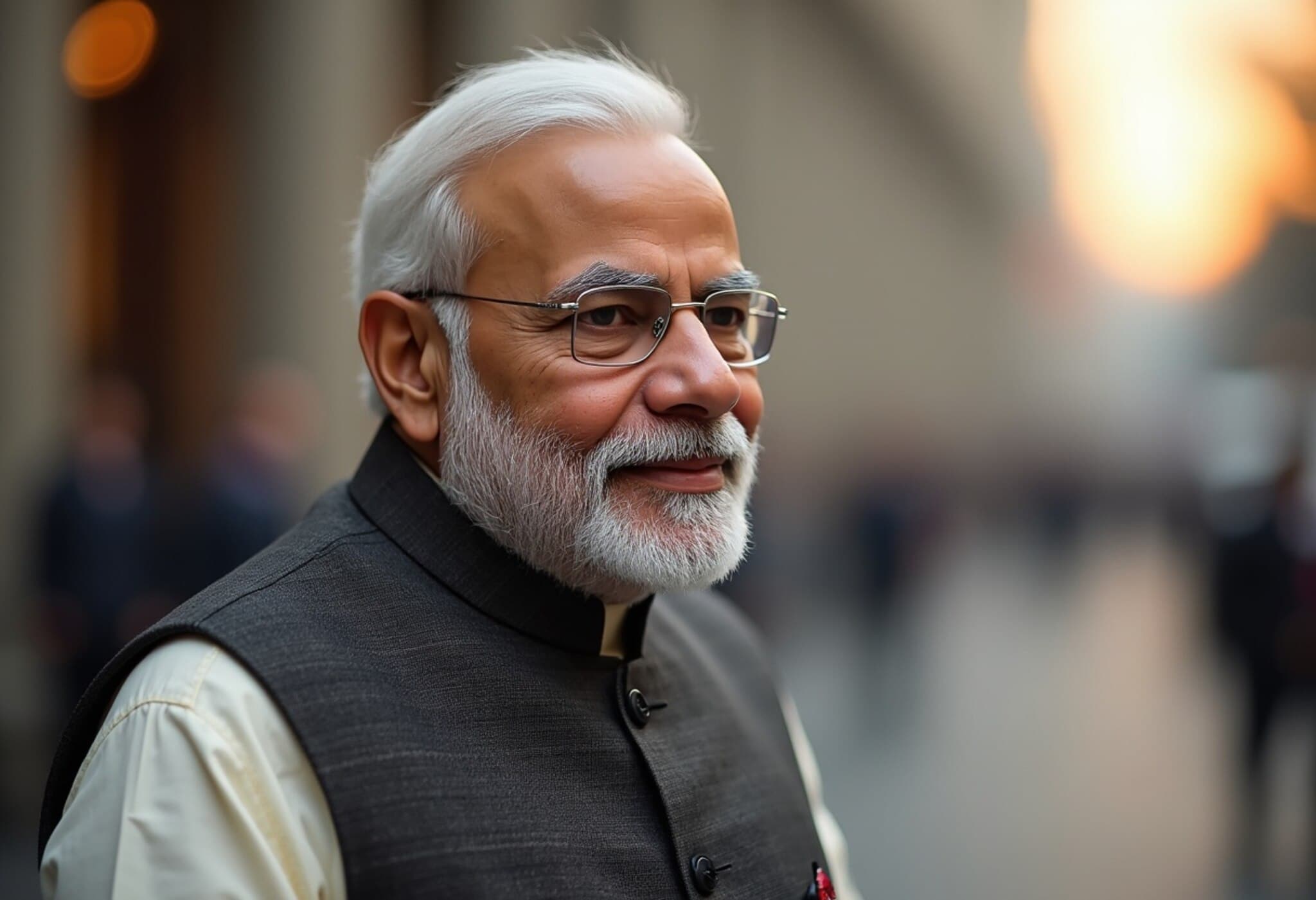UN Sounds Alarm as Gaza Faces a Dire Famine Crisis
In Gaza, the humanitarian situation has reached a critical turning point. Philippe Lazzarini, the Commissioner-General of the United Nations Relief and Works Agency (UNRWA), delivered a stark message: "People in Gaza are neither dead nor alive, they are walking corpses." His grim characterization underscores a humanitarian catastrophe unfolding amid ongoing conflict and stringent blockades.
Starvation’s Toll on Gaza’s Population
Reports confirm that at least 113 people have died from hunger, including 45 deaths recorded in just the last four days. The crisis is not sparing any segment of the population—children, in particular, are severely affected. The World Health Organization highlights that one in every five children in Gaza City suffers from malnutrition, a statistic escalating daily.
Humanitarian Aid Blockade and Its Consequences
Though UNRWA has amassed approximately 6,000 truckloads of vital food and medical supplies ready in Jordan and Egypt, Israeli restrictions have prevented the majority of this aid from reaching the beleaguered enclave. The humanitarian system itself is fraying under the pressure, with aid workers reportedly succumbing to hunger as they strive to assist others.
Lazzarini emphasized in an urgent appeal the need for "unrestricted and uninterrupted" humanitarian access to Gaza, warning that when those providing care are left without sustenance, the entire relief infrastructure collapses.
Political Developments and Ceasefire Negotiations
Amid the worsening famine, Hamas has put forward a revised ceasefire proposal to international mediators, including representatives from the United States, Israel, and Qatar. Israeli officials have described the proposal as potentially "workable." The pact envisions a 60-day ceasefire during which Hamas would release 10 hostages and return the remains of 18 others, in exchange for the release of Palestinian prisoners.
Other key components focus on expanding humanitarian aid, revitalizing the UN’s assistance framework, and laying groundwork for long-term peace talks. However, despite these strides in diplomacy, Israel continues its bombardment of central Gaza, with at least 89 civilians killed in the last 24 hours alone.
Contested Aid Distribution Mechanisms
Since March, Israel has effectively halted UN-led aid deliveries, citing concerns over Hamas misappropriating supplies—a claim disputed by independent aid organizations. Instead, Israel has permitted distribution through the Gaza Humanitarian Foundation (GHF), a private U.S.-based firm employing a military-style operational approach that many experts and observers have criticized.
This shift has led to tragic consequences; reportedly over 1,000 Palestinians lost their lives attempting to access aid over the past two months. The humanitarian toll exacerbates existing trauma and raises urgent questions about the ethics and efficacy of controlling food and medicine flow in conflict zones.
Growing Internal and External Pressure on Israeli Government
In Israel, public unrest has emerged, with protests in Tel Aviv where demonstrators carry sacks of flour and images of starving Palestinian children. These acts of solidarity amplify calls for ending the blockade and opening humanitarian corridors.
Internationally, entities like the World Health Organization have labeled the famine conditions "man-made," putting significant diplomatic pressure on Israel to reconsider policies that contribute to systematic deprivation.
Expert Perspectives and Broader Implications
From a U.S. policy standpoint, Gaza’s deepening crisis highlights the complexity of balancing security concerns with urgent humanitarian obligations. The blockade’s immediate effect is starvation and suffering, yet it also risks fueling further resentment and instability in the region.
Moreover, the international community faces a pressing question: How can diplomatic avenues be strengthened to ensure that humanitarian aid is delivered unimpeded, and civilian lives are protected amidst continuing hostilities?
Human rights advocates warn that restricting food, water, and medical supplies violates international humanitarian law, potentially amounting to collective punishment.
Pathways Forward
- Restoring comprehensive humanitarian access: Allowing UNRWA and other aid agencies to operate without interference is critical.
- Supporting diplomatic ceasefire efforts: Continued negotiations with transparent oversight could ease hostilities and enable aid delivery.
- Monitoring compliance with international law: Independent observers should be empowered to investigate and report on humanitarian and human rights conditions.
- Addressing long-term development: Beyond immediate relief, investment in Gaza’s infrastructure and economic revival is necessary to break cycles of crisis.
Editor’s Note
The plight of Gaza’s civilians serves as a stark reminder of the devastating human cost when conflict and political stalemate obstruct the flow of basic necessities. While ceasefire talks provide a flicker of hope, the urgent imperative remains clear: humanitarian aid must reach those starving in Gaza without delay or obstruction. As global citizens and policymakers watch closely, the decisions made now will shape not only immediate survival but the broader quest for lasting peace in the region.
Readers are encouraged to consider how international diplomacy, humanitarian law, and grassroots activism intersect in crises like Gaza’s—and to reflect on the collective responsibility to uphold human dignity wherever conflict unfolds.

